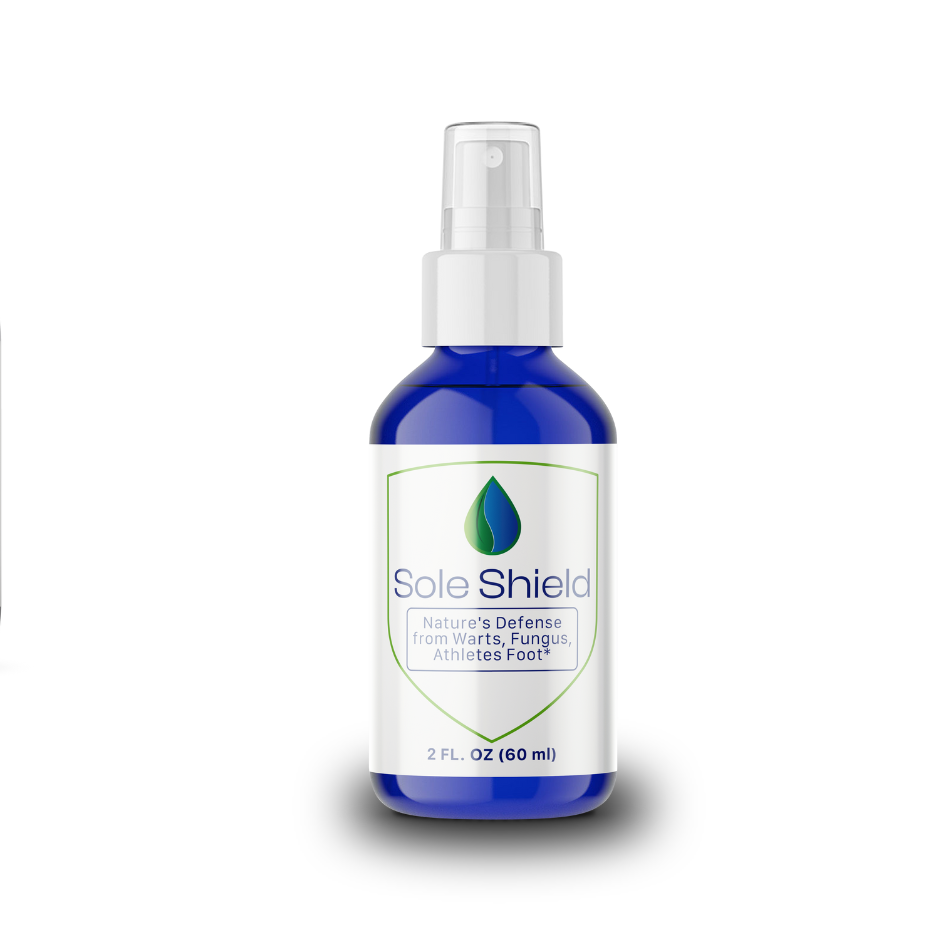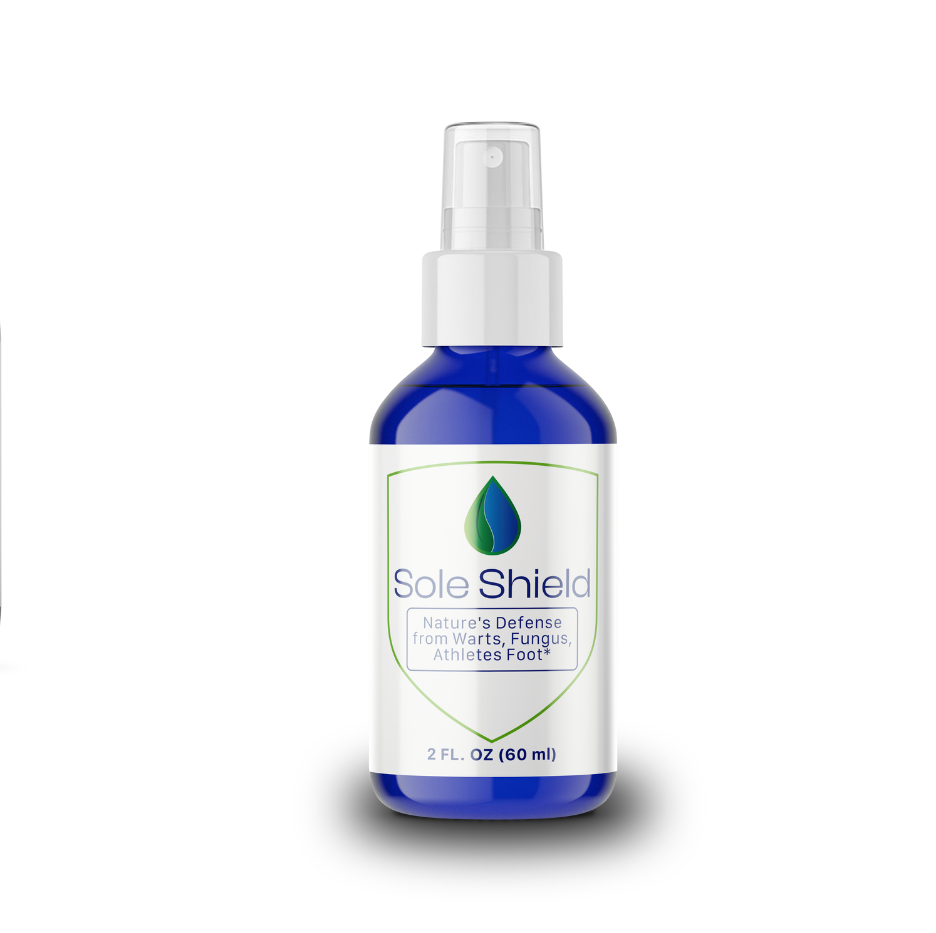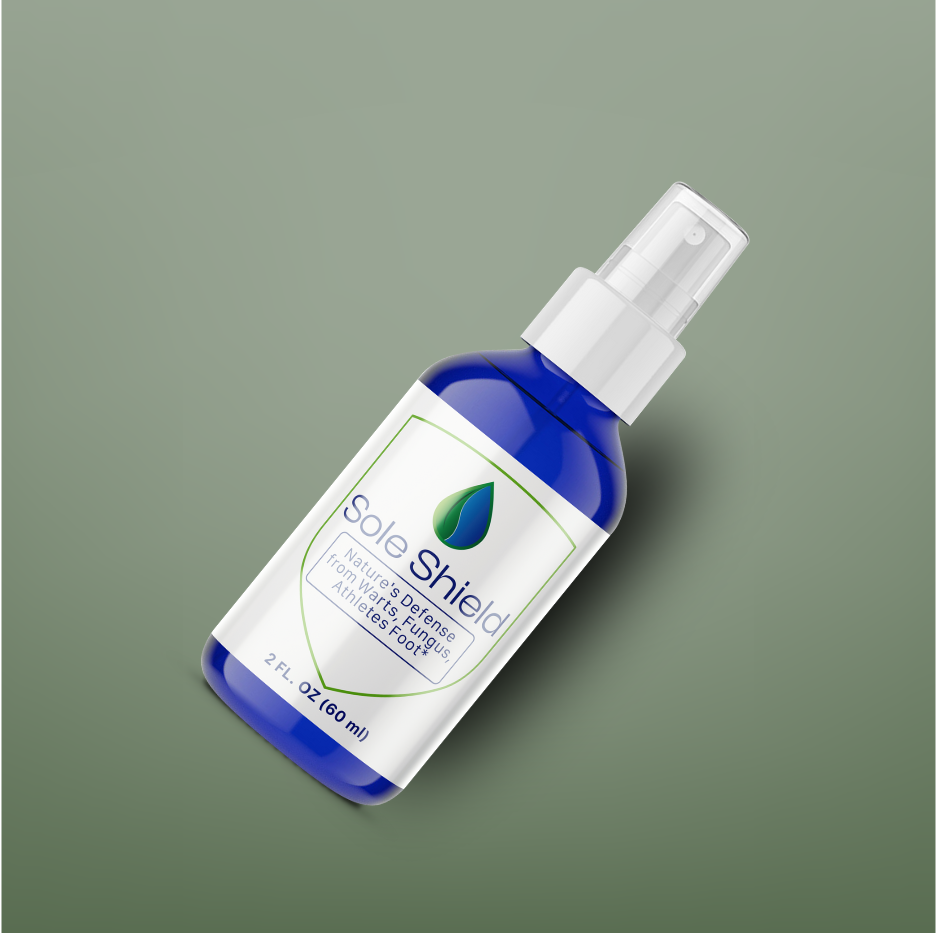Respiratory syncytial virus (RSV) easily ranks among the top most common respiratory illnesses highly affecting infants and children. RSV infection leads to frequent hospitalizations every year and can prove fatal in extreme cases.
Although RSV is common, not much can be done for people infected with this pathogen and thus there is a constant need in the field to come up with better options. This is where iodide seems to fit in, with studies discovering that it could help diminish the severity of RSV infections, a very encouraging and game-changing finding.
Understanding Respiratory Syncytial Virus (RSV)

Respiratory syncytial virus (RSV) is an extremely infectious virus that is most dangerous to the respiratory system. People of all ages can be infected, although the greatest risk is for young children and the elderly. RSV is noted for severe respiratory diseases in children, particularly bronchiolitis and pneumonia in young children. Since it is a disease that can be easily spread via droplet infection, it is a concern within social structures such as schools and child care facilities.
As a result, RSV results in many admissions each year and in critical cases even death may occur. The symptoms of an RSV infection can cause only mild cold symptoms or can become dangerous. In addition, looking in a more systematic way for over-the-counter therapies to ameliorate the effects of RSV infection in the population such as iodide supplementation is equally important.
The Role of Iodide in Airway Defense

A natural barrier, which serves as our inbuilt defense system from the pathogens of the respiratory system, is also available in this specific system. The mucosa layer of the airways harbors a number of enzymes such as dual oxidase (Duox1 and Duox2), lactoperoxidase (LPO) and thiocyanate (SCN-) that constitute an oxidative balance system. Together, these components yield an antibacterial agent called the hypothiocyanite (OSCN-) that can be found in washings of the airway surface liquid (ASL).
In higher concentrations, especially at the presence of iodide (I-), this defense mechanism becomes even more potential. Iodide helps in the refinement of the system by making hypoiodous acid, which inactivates respiratory syncytial virus (RSV) in cell cultures. This enhanced oxidative system will complement the normal physiological systems in fighting respiratory tract infections.
A Promising Study: Iodide and RSV in Newborn Lambs Inoculated

In order to investigate the role of iodide in RSV infections, research teams developed a study employing a lamb model due to its resemblance to the human respiratory tract. The researchers split the newborn lambs into two divisions whereby one division was given potassium iodide (KI) via intragastric tube feeding while the other division was not treated at all. The groups of lambs were then infected with RSV in order to evaluate the potential of iodide in reducing the intensity of the infection.
The results were quite astonishing. The lambs that received KI treatment had a ten-fold increase in the iodide concentration of airway fluids. The level of iodide increased to a level where the degree of RSV clinical manifestations were significantly below the level of:
- Less respiratory distress.
- Decreased lung injury.
- Decreased RSV titers in the lungs.
Moreover, the treated lambs also displayed much lesser levels of IL-8, an inflammatory marker known to spike during RSV infections.
Decreased inflammatory markers such as IL-8, which are noticeably raised during RSV infections in untreated lambs, were significantly reduced in treated lambs, correlating with reduced RSV antigen expression.
The study also showed that the lambs with the inhibition of the activity of this key enzyme in the defense system – LPO, had more severe lung lesions and more RSV. This reinforces the significance of the iodide-enhanced defense system for the treatment of RSV.
Could Iodide Be a Game-Changer for Reduced RSV Disease Severity?
The results of this study are quite exciting. If these results can be reproduced in humans, iodide supplementation may become a simple and practical means of complementing existing measures to decrease the severity of RSV infections. Research has shown that potassium iodide (KI) supplementation significantly reduces RSV disease severity, highlighting its potential therapeutic role. This strategy would especially take care of the vulnerable population, which includes:
- Infants
- The elderly
- Individuals with weakened immune systems
The use of iodide supplementation could also be an adjunctive measure aimed at the prophylaxis of RSV infection or during RSV ‘season’ for individuals already infected. Iodide could be an important part of the treatment since it may enhance the potential of the immune system to assist in healing and reduce health complications.
Understanding the Connection Between Iodine and Iodide

Before diving further into the benefits of iodide for RSV, it’s important to clarify the distinction between iodine and iodide. These terms are often used interchangeably but have different roles in the body.
What Is Iodine?
Iodine is another important mineral that the body needs to address many metabolic tasks, especially the production of thyroid hormones. These hormones are crucial for metabolism, appropriate growth as well as development. Iodine is recommended especially to pregnant and nursing women as it is necessary for proper cognitive development of the child. It is available in selected dietary substances and is usually enriched in common salt (iodized salt).
What Is Iodide?
The iodide encompasses iodine but the molecule includes an additional negative charge. Whilst iodine is usually ingested, your body processes it, after which iodine ions are generated from it. This compound is utilized in numerous biochemical reactions, notably those offering protection from lower respiratory tract infections including RSV.
Why Iodide Matters for Respiratory Health
Iodide is important, particularly in the field of respiratory health. The higher concentrations of iodides in airway secretions improve the organism’s anti-infectious response. Iodide reactivity allows the production of hypoiodous acid which has been found to have strong antiviral properties against viruses, RSV being one example. This makes such iodide-rich preparation especially helpful in cold and flu seasons by significantly lowering RSV titers and enhancing antiviral defenses.

For those individuals who wish to increase their iodine levels, either for health purposes or help support lungs, our iodine products surely offer a convenient and practical solution at the same time.
Practicing iodine intake regularly will help the body accumulate the latter in its iodide form. This is important in the natural defense system against viral infections such as RSV. Making sure enough iodide is always in the body may in turn mean that the body is always prepared to fight infections and the immune system is intact.
Looking Ahead: The Future of Iodide in RSV Treatment
It is premature to conclude that iodide supplementation is equally effective in humans as it has shown in animals, though this is a promising option. As it has been suggested, iodide can offer one more non-invasive, easy means of mitigating severity of RSV infections in high-risk populations.
Studies have shown that increased iodide concentration in airway secretions correlates with reduced RSV disease severity, making iodide supplementation a potential game-changer. While we look out for new options which may help us in the prevention and treatment of RSV, it could be that iodide supplementation is what we have been waiting for.
Frequently Asked Questions (FAQs)
How does iodide work to combat RSV?
Iodide is a good supplement that increases the defense mechanism already contained in your airway within the body. At high levels of iodide, the body generates the hypoiodous acid that is capable of destroying viruses such as RSV.
Oral antiseptic preparations, particularly those containing povidone-iodine, have been shown to reduce the viral load of SARS-CoV-2. These preparations play a crucial role in preventing the transmission of respiratory infections through oral hygiene practices during the COVID-19 pandemic.
Is iodide supplementation understood as safe across all age groups?
Although iodide is safe in proper amounts, it is not unsafe to see a doctor before taking any new supplements, especially if you have health issues or are pregnant.
Will taking iodine help in avoiding RSV infections?
Iodide may indeed ameliorate the symptoms associated with RSV by increasing the personal immune defenses of the body, but it cannot prevent the RSV viral infection. It could, however, lessen the symptoms and assist recovery from an illness, if one falls ill. Povidone iodine has been discussed as an effective antiviral agent.
For instance, a 0.5% PVP-I mouth rinse can lower viral infectivity in the oral cavity and is recommended in dental settings and other healthcare environments to maintain oral hygiene and prevent cross-contamination.
Who are the most likely participants in iodide supplementation that may have high risks for RSV infections in the season?
A regular regimen of Iodide supplementation seems beneficial among Infants, the elderly, and any person with poor immunity as these groups suffer the more severe infections of RSV.
Therefore, Iodide supplementation may provide additional protection by improving their body's antiviral defenses.
Distinguish between an iodine and an iodide
Iodine is the essential mineral that your body needs, while iodide is the ionized form of iodine. Your body converts iodine into iodide, which then participates in various processes, including protecting your respiratory system.




